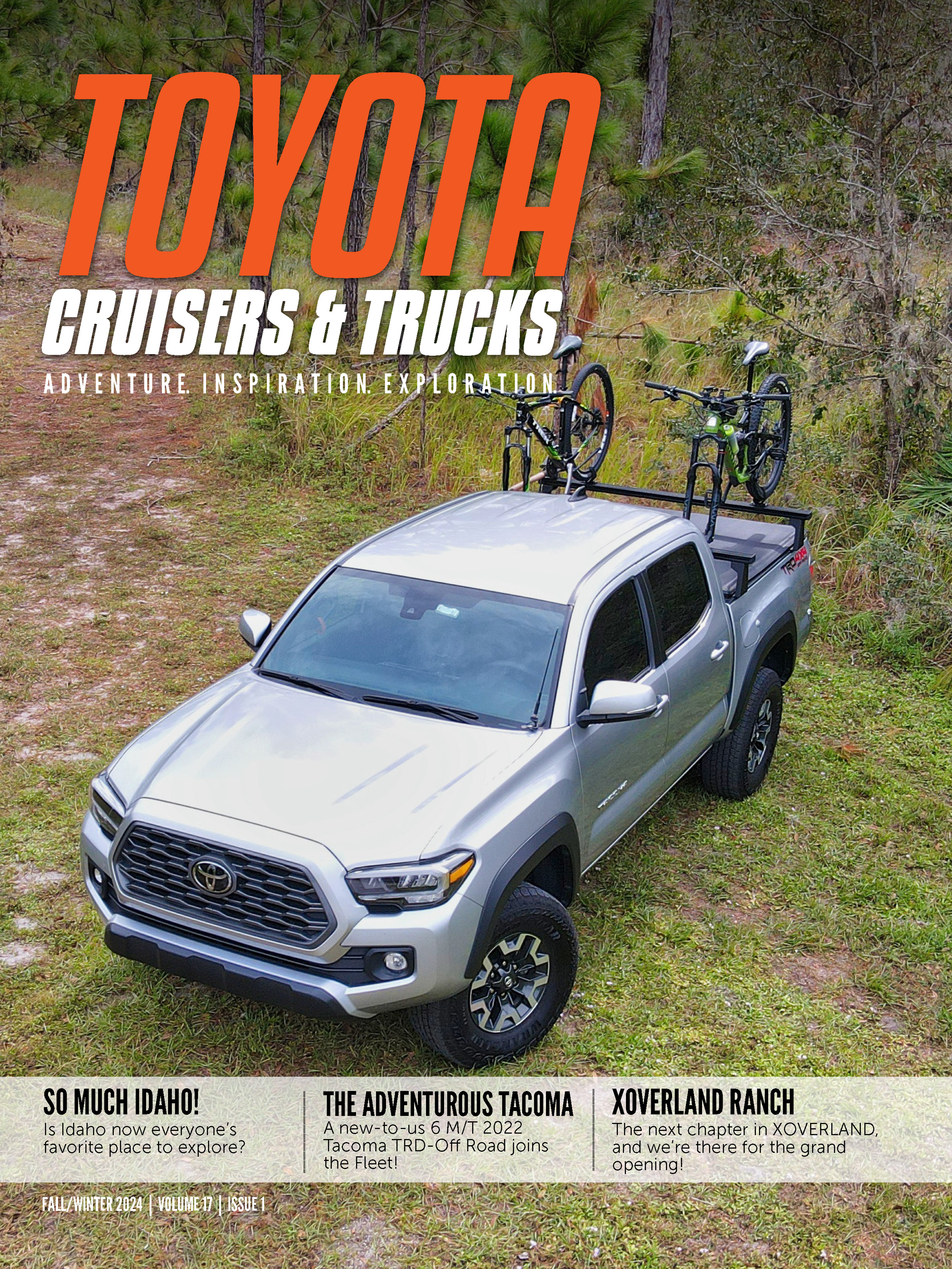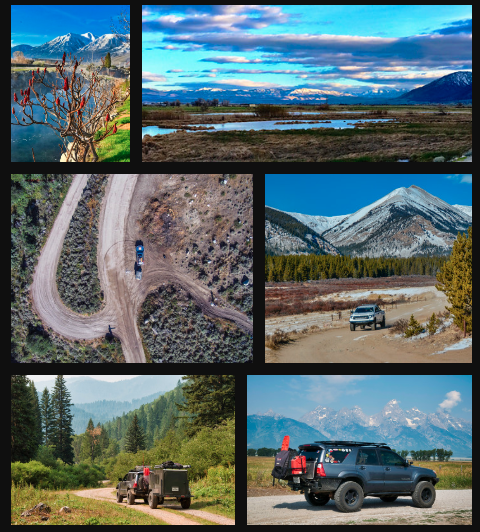The big savings in equipment begin far before your tires hit the trail. Many retailers are offering amazing deals that will allow you to buy quality gear that will last for years. Maybe you have wanted to do some upgrades to your rig? Tough times means you can negotiate on prices for parts or installation work. Even better is if you are in the market for a new rig since many people are selling off 4wd's that are fully decked out for far less than what they have invested.
Let's take a look at some of the ways you can save money by overlanding vs. a typical family resort vacation. First, fuel cost for 4 people in a 4wd is the same as 1, but plane tickets don't work that way. Campsites range from free to fancy and the choice is yours. Want a pool and hot showers? Many campgrounds have those too for around $20/night for all 4 of you. Want pine trees and squirrels? Well that’s as easy as free dispersed camping all over the country.
Food is another area where you save by cooking or eating at small town restaurants vs. resort bars and buffets. This thought doesn't even touch on the benefits of hunting and fishing or food you cook yourself. Both of these options are often healthier than resort meals and nearly free. A fishing pole or small rifle matched up with some time spent as a family could save serious money on a week long trip. Not to mention the time spent as a family trying new recipes, teaching your kids the art of camp cooking or just laughing at each other as the marshmallows burst into flames. All these things come at little to no cost in cash, just time and effort.
Time away from the city can save money simply because you won’t be attending concerts, movies, shopping or other ‘tourist trap’ activities. There is no charge to write in your journal on a cliff edge looking over the Canyon lands, take a digital picture of a waterfall in Colorado, or explore a ghost town in Arizona. Without sounding like a commercial, the memories and experiences you get as a family crawling around some ruins then talking about the history, culture and demise of those who inhabited the area, well, that is priceless.
Example Trip - El Camino Del Diablo (The Devils Highway)
- 3 day trip 440 miles/12mpg=37gal*$2.10: $78 gas
- All food from home except for final restaurant meal $25 & station snacks $10: $35 for food
- Permits: FREE
- Gear (already had): FREE
- $120 total trip cost for 2 people/3 days
Another often overlooked aspect of overland travel is the impact it has on the small rural communities that we travel through. Major resort destinations are usually owned by huge companies that have tremendous cost, and profits are paid elsewhere. However when you gas up, buy groceries at the local farmers market, or get an oil change or tire service, you’re putting money directly into that small town. The great thing is that your dollars will often move around that area many times. You can directly make a difference in a small business owner’s bottom line by traveling the back ways of our country.
Remember that you don't have to be rich to overland, but you will come back rich in experiences and memories. You gear cost is spread out over years of service so each trip gets cheaper as you get outdoors. Finally, the money often stays right where you spend it: in small towns that preserve the very thing you ventured out to see in the first place.
Lance Blair is an overlanding enthusiast, expedition leader, and Tread Lightly trainer. He’s also the founder of Disabled Explorers, a non-profit group dedicated to helping mobility impaired outdoor enthusiasts gain access to the backcountry. He’s a regular contributor to FJCruiserForums.com, the Expedition Portal, and of course FJC Magazine. Lance can be contacted through the Disabled Explorers website.
{tab=Photos}
{gallery}issues/2009/apr09/expeditioneconomics/{/gallery}





